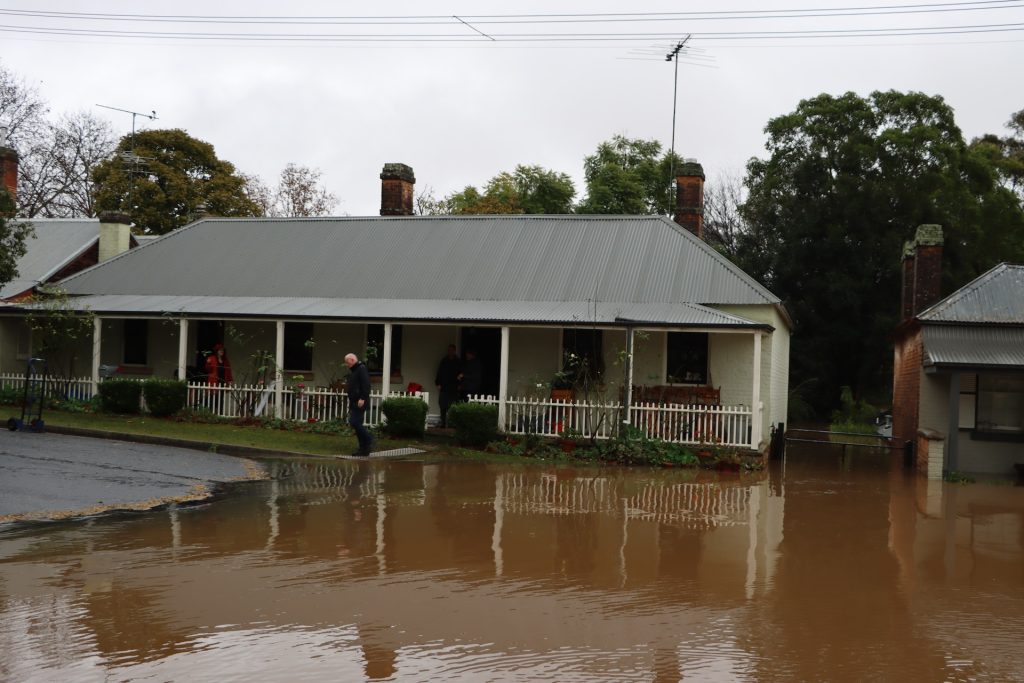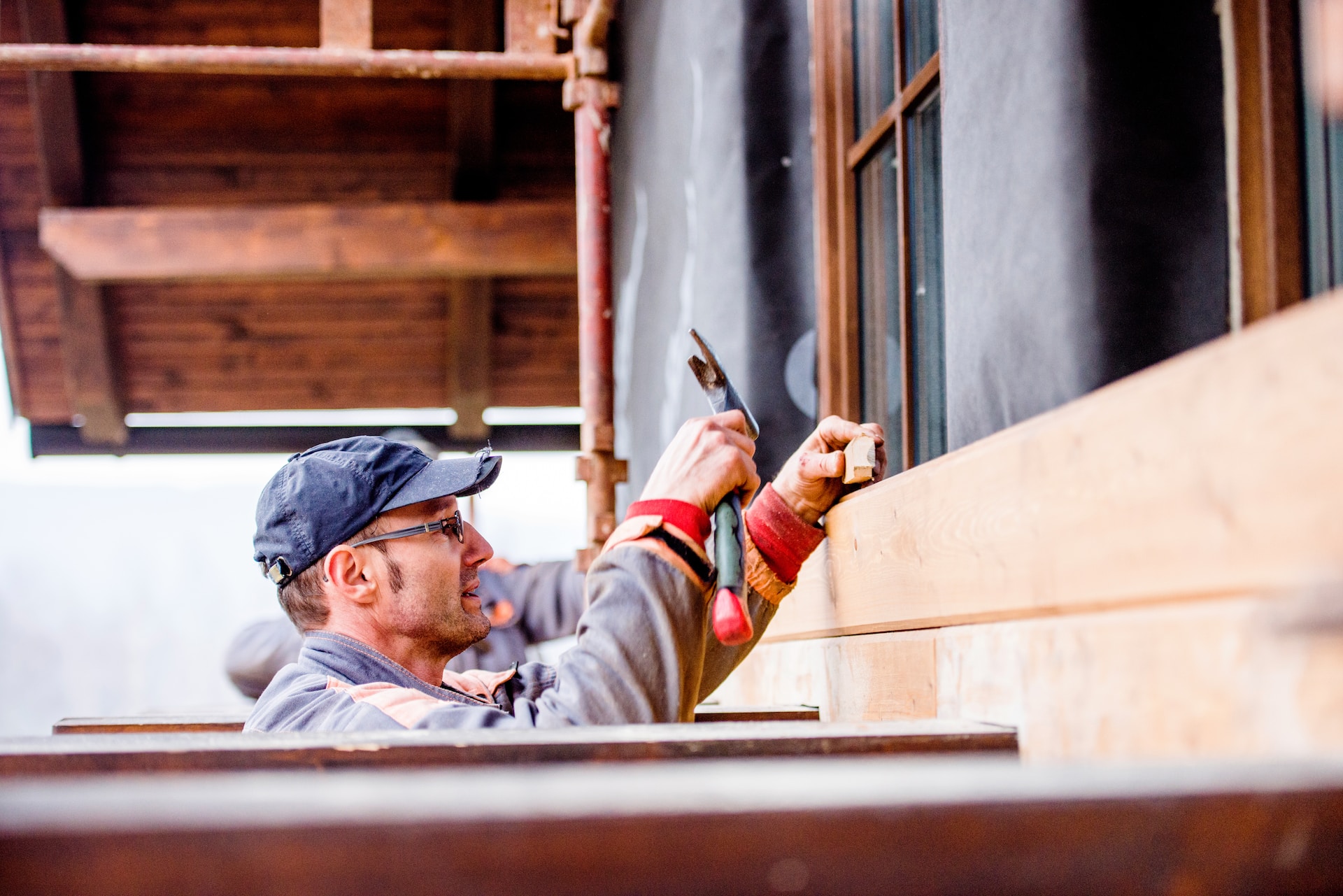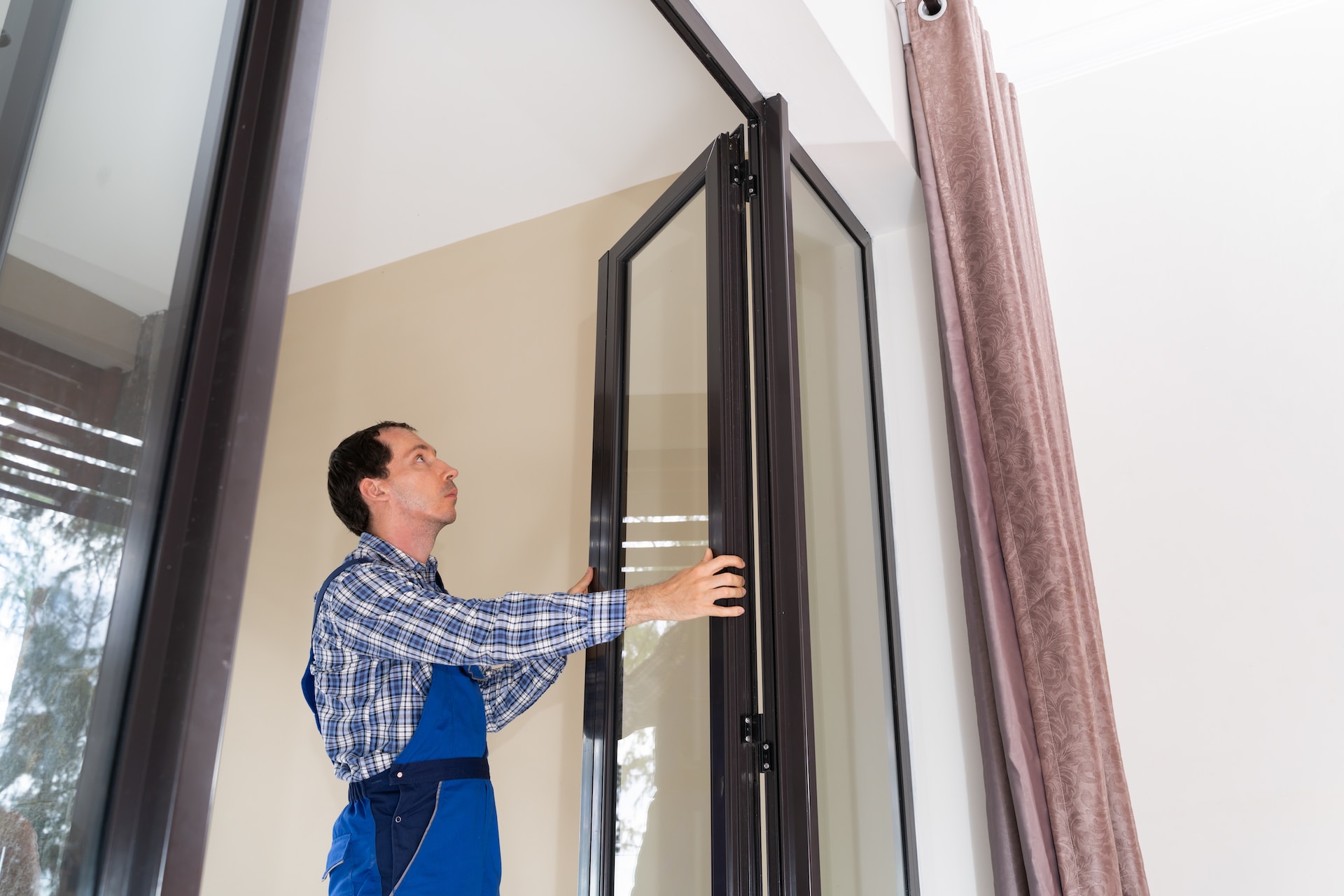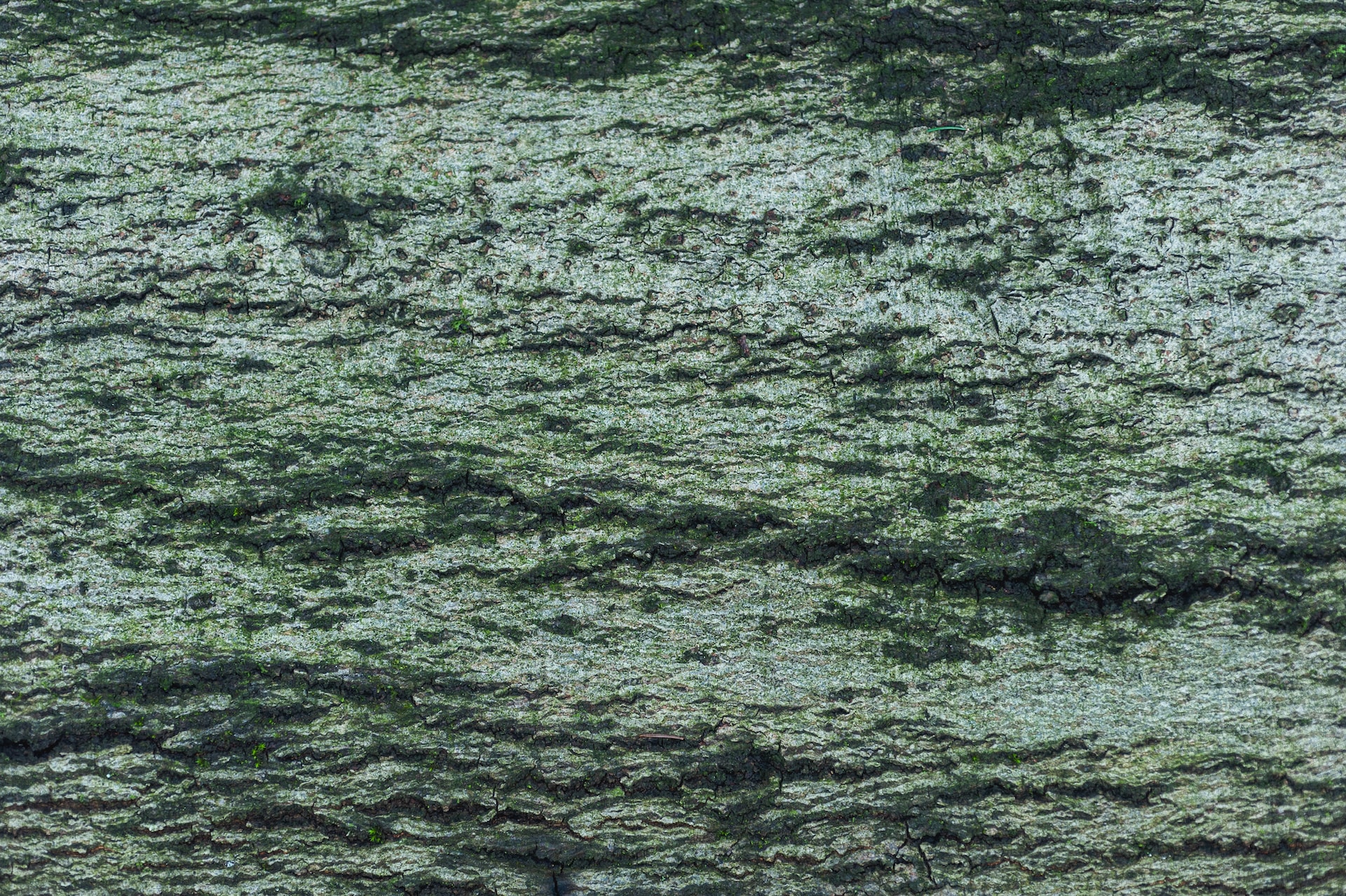Water damage in your home can be devastating and impact your property and your health. It can cause mold growth, leading to poor air quality in your home.
Water Damage and Mold Growth
Water damage can occur for many reasons, such as flooding, leaky pipes, and roof damage. When water is left to sit in your home, it can lead to mold growth. Mold thrives in damp and humid environments, and when it is left unchecked, it can cause serious health problems.
Mold Can Cause Poor Air Quality
Mold spores can be released into the air, causing poor air quality in your home. Breathing in mold spores can cause respiratory problems, allergic reactions, and infections. The severity of the health problems depends on the mold type and exposure length.
Mold can also produce mycotoxins, which are toxic substances that can cause serious health problems. Exposure to mycotoxins can lead to neurological problems, immune system damage, and even cancer.
Signs of Poor Air Quality
When your home has poor air quality, you may notice signs such as a musty odor, respiratory problems such as coughing and wheezing, and allergies. You may also notice that you feel tired or have headaches when you are in your home.
Preventing Water Damage and Mold Growth
- Regularly inspect your home for leaks and water damage. Check your roof, windows, and doors for any signs of damage. Look for leaks or water stains on walls, ceilings, and floors.
- Have your plumbing system inspected regularly. This can help identify any leaks or problems before they cause water damage.
- Keep your home dry. Use a dehumidifier to reduce humidity levels in your home. Make sure to clean the unit regularly to prevent mold growth.
- Clean up spills and water damage immediately. The longer water is left to sit, the more likely it is to cause mold growth. Use a wet/dry vacuum or a mop to remove any standing water. Use a fan or dehumidifier to dry out the area thoroughly.
- Ensure proper ventilation in your home. Good ventilation can help reduce moisture and prevent mold growth. Use exhaust fans in bathrooms and kitchens, and open windows when weather permits.
- If you experience water damage, hire a professional to remove the water and dry out your home. This can help prevent mold growth and ensure that your home is safe to live in. A professional can also identify and remove any mold that has already started to grow.
What to Do if You Have Mold
- Identify the source of the moisture. If you don’t address the source of the moisture, the mold will continue to grow.
- Hire a professional to assess the mold damage. A professional can identify the type of mold and the extent of the damage.
- Remove the mold. A professional should remove the mold with the proper equipment and training. Attempting to remove the mold can release spores into the air and worsen the problem.
- Repair the source of the moisture. Once the mold has been removed, you need to repair the source of the moisture to prevent the mold from returning.
Conclusion
The best way to protect your home and health is to prevent water damage and mold growth. Regular inspections, proper ventilation, and quick cleanup of spills and water damage are all important steps in preventing water damage and ensuring good air quality in your home.
If you’re suffering from water damage in Matthews, NC, don’t wait to take action. Call Clean Air Carolinas, Inc. today for a free estimate on mold removal, dehumidifying services, and more. Call us today!




